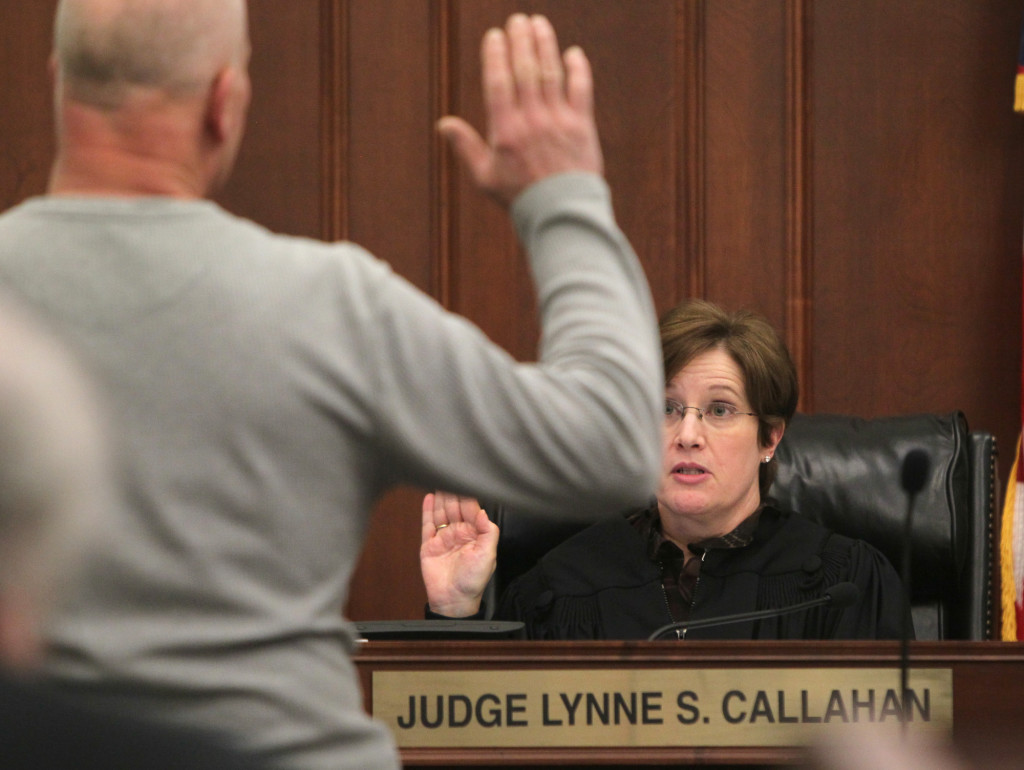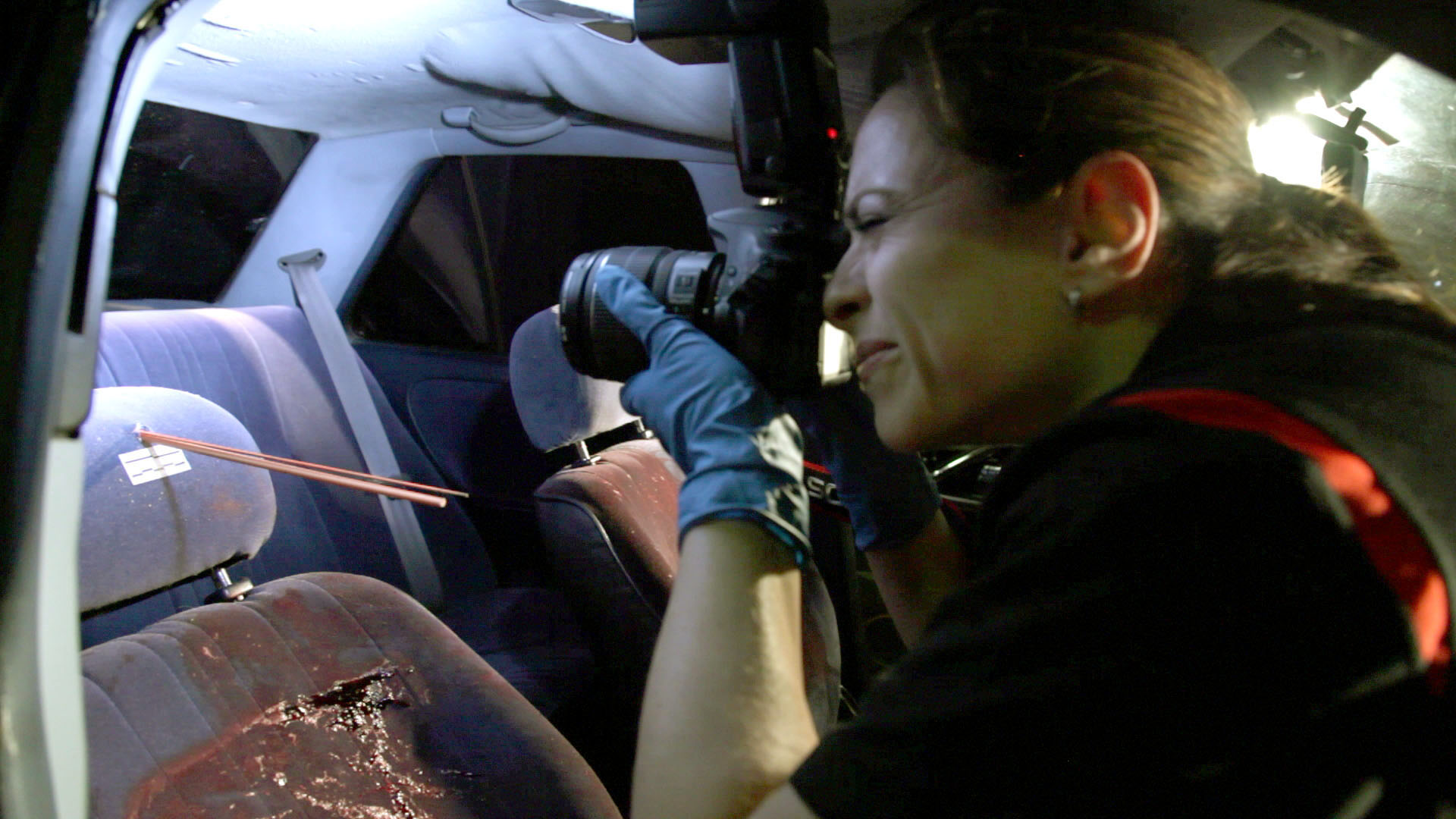Can Juries Rely on Forensic Experts?

September 5, 2013
Share
Forensic psychologists and psychiatrists who testify in court tend to slant their findings based on who hired them, according to a new study released this week.
Researchers paid 108 forensic psychologists and psychiatrists to review identical case files on sex offenders. Some of the experts were told that they were working for the defense, while others were told that they worked for the prosecution.
Those working for the prosecutor found the offenders were at higher risk of attacking another victim, the study found. Those working for the defense assigned lower-risk scores.
In The Real CSI, FRONTLINE reported on a growing body of research that suggests some forensic evidence isn’t nearly as reliable as juries are led to believe, and that some of the so-called experts who analyze it often lack scientific credentials and can be biased in their judgments.
But no one had yet explored such bias in mental-health experts. The study’s authors, Daniel Murrie, director of psychology at the University of Virginia’s Institute of Law, Psychiatry and Public Policy, and Marcus Boccaccini, an associate professor at Sam Houston State University in Texas, set out to explore what they call “adversarial allegiance” — the idea that experts’ evaluations lean one way or another based on who hires them.
In the study, forensic psychologists and psychiatrists were asked to review case files of four repeat sex offenders using two commonly used risk-assessment tools to determine how likely they were to commit another crime. In cases like these, judges and juries usually hear only testimony from two experts: one from the defense, and another from the prosecution, based on their individual evaluations of the case file.
The researchers found a “clear pattern of adversarial allegiance,” according to their report, even though they were able to control for the experts’ personal feelings about sex offenders and even the possibility that attorneys might seek out experts who are already predisposed to their position in their assessment.
But the bias, Murrie believes, is unconscious. “Every forensic psychologist I’ve worked with is an upright, ethical person who wants to be objective and make the right call,” he said.
A forensic psychologist himself, Murrie said that in the past he objected to suggestions that such experts were “hired guns” who would say whatever the hiring attorney asked them to. “But the more people asked about this, the more I realized that we don’t have data to demonstrate the objectivity,” he said.
After conducting the study, the researchers asked the participants what perceptions of bias they saw in their own field. “Everybody thought that allegiance was a problem, but almost nobody thought that it was their problem,” Murrie said. Older clinicians thought the younger experts were biased, and state-employed experts suggested the same of those in private work.
The study has broader implications for a justice system that operates in large part based on the recommendations of these experts, Murrie said. He suggested that experts’ testimony, and the way they arrived at their conclusions, should be more carefully scrutinized. Court-appointed experts could also help mitigate the bias because they aren’t hired by either side.
While the study only looked at one group of experts, Murrie said the study’s findings likely extend to the rest of the profession. “I don’t see any reason to believe that forensic psychiatrists and psychologists are any more prone to bias than other types of forensic scientists,” he said. “Every professional who works in the justice system really does need to be attuned towards this pull towards allegiance. This is probably universal for any profession that’s asked to do their work for one side or the other.”

Related Documentaries
Latest Documentaries
Related Stories
Related Stories
Explore
Policies
Teacher Center
Funding for FRONTLINE is provided through the support of PBS viewers and by the Corporation for Public Broadcasting, with major support from Ford Foundation. Additional funding is provided the Abrams Foundation, Park Foundation, John D. and Catherine T. MacArthur Foundation, Heising-Simons Foundation, and the FRONTLINE Trust, with major support from Jon and Jo Ann Hagler on behalf of the Jon L. Hagler Foundation, and additional support from Koo and Patricia Yuen. FRONTLINE is a registered trademark of WGBH Educational Foundation. Web Site Copyright ©1995-2025 WGBH Educational Foundation. PBS is a 501(c)(3) not-for-profit organization.





















